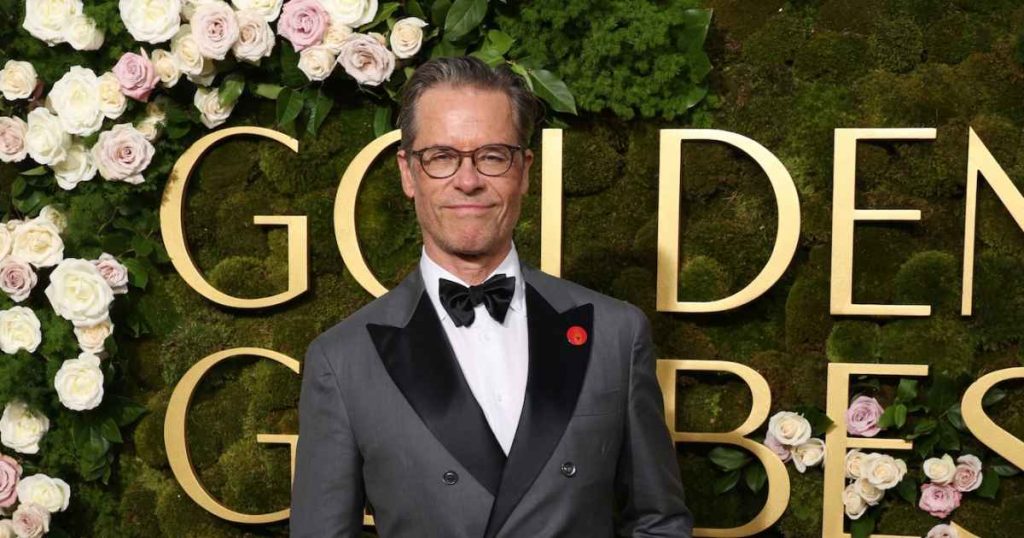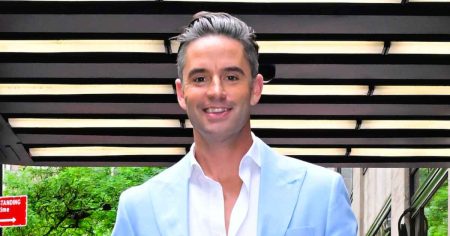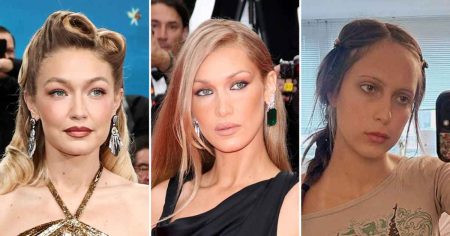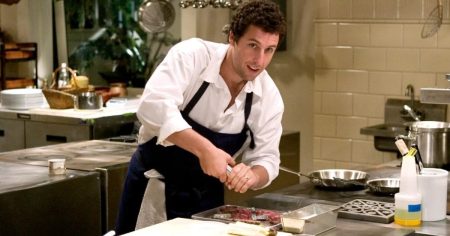Carice van Houten and Guy Pearce’s relationship, once a subject of public interest and speculation, has recently been clarified by van Houten herself. In a statement released via her Instagram Story, the actress addressed recent media reports regarding her relationship with Pearce, stating unequivocally that they have not been a couple “for years.” This clarification comes on the heels of an interview given by Pearce in which he referred to his ex-wife, Kate Mestitz, as the “greatest love” of his life, a statement that seemingly sparked renewed interest in his subsequent relationship with van Houten. Van Houten’s statement aimed to dispel any misconceptions, emphasizing that she and Pearce maintain a strong bond of friendship and mutual affection, but their romantic relationship is a thing of the past.
The focus of their current relationship, as highlighted by van Houten, revolves around their shared love for their son, Monte. Despite their romantic separation, van Houten and Pearce have transitioned into a co-parenting partnership, prioritizing the well-being and upbringing of their child. This shift in their relationship dynamic demonstrates a mature and amicable approach to navigating the complexities of separation while maintaining a united front for the benefit of their son. Van Houten’s statement effectively draws a line between their past romantic involvement and their present co-parenting relationship, clarifying their status and emphasizing the importance of their shared responsibility towards Monte.
Guy Pearce’s interview with The Guardian, which precipitated van Houten’s clarification, offered insights into his personal reflections on love and relationships. In the interview, Pearce candidly acknowledged the enduring impact of his relationship with his ex-wife, Kate Mestitz, describing her as the “greatest love” of his life. While acknowledging his past love for Mestitz, he also emphasized the profound love he has for his son, Monte, placing him on equal footing with his ex-wife in terms of the depth of his affection. This statement reveals Pearce’s evolved perspective on love, encompassing both romantic love and the unconditional love of a parent for their child.
Pearce’s reflections also touched upon his past regrets regarding the dissolution of his marriage to Mestitz. He expressed a sense of responsibility for the breakdown of their relationship, admitting that he felt he had “messed up” his marriage. However, he also indicated a shift in his perspective over time, suggesting that he no longer carries the same burden of guilt and regret. This admission reveals a degree of self-awareness and emotional growth, indicating that Pearce has processed the experience and come to terms with his role in the relationship’s demise. His willingness to discuss these personal struggles publicly demonstrates vulnerability and a willingness to reflect on past mistakes.
Pearce and Mestitz’s relationship spanned decades, originating in their shared schooling experience at Geelong College in Australia in 1980. Their bond culminated in marriage in 1997, marking a significant milestone in their long-standing relationship. However, after nearly two decades of marriage, the couple announced their separation in 2015. The announcement emphasized their mutual respect and ongoing friendship, suggesting a conscious effort to maintain a positive relationship despite the end of their romantic partnership. This approach mirrors the dynamic between Pearce and van Houten, highlighting a pattern of prioritizing amicable relationships even after romantic connections have dissolved.
Following his separation from Mestitz, Pearce embarked on a new relationship with Carice van Houten, culminating in the birth of their son, Monte, in 2016. The arrival of their child marked a significant turning point in their relationship, solidifying their bond and establishing a shared focus on their parental responsibilities. The public announcement of Monte’s birth, conveyed through a playful message on social media, captured the joy and excitement surrounding the arrival of their newborn son. This shared experience of parenthood further cemented their connection, even as their romantic relationship eventually came to an end. Their current co-parenting dynamic reflects their commitment to providing a stable and loving environment for their son, demonstrating a mature and respectful approach to navigating the challenges of co-parenting after a romantic separation.










